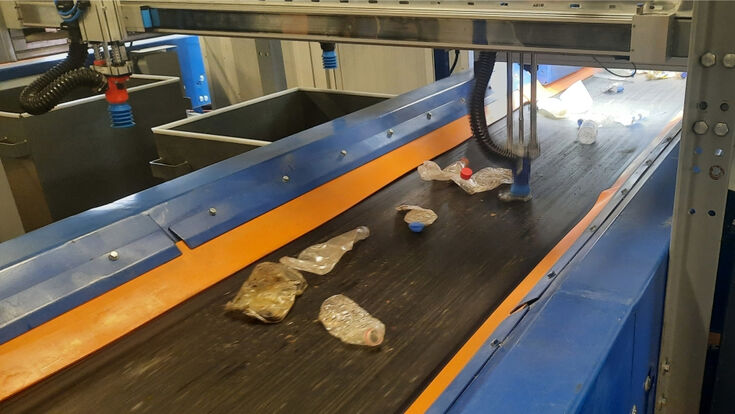Browsing Liquid Waste Challenges with Reclaim Waste Melbourne's Knowledge
Wiki Article
The Essential Duty of Appropriate Fluid Waste Elimination Strategies in Waste Monitoring
In the world of waste monitoring, the value of utilizing suitable liquid waste removal approaches can not be overstated. It is within this structure that the application of audio liquid waste removal strategies stands as a cornerstone of responsible waste administration techniques.Significance of Proper Liquid Waste Removal
Why is proper liquid waste elimination essential in maintaining environmental and public wellness standards? Proper fluid waste elimination is important for protecting the setting and upholding public health requirements.
Ecological Benefits of Effective Methods
Executing effective liquid waste removal methods not just safeguards the environment yet likewise plays a vital role in maintaining public health criteria. Inappropriate disposal of fluid waste can lead to toxins seeping into the soil and ultimately reaching groundwater storage tanks, influencing both human wellness and environments.In addition, efficient fluid waste elimination strategies assist alleviate the threat of waterborne diseases. Toxic chemicals in liquid waste can have detrimental results on freshwater and aquatic microorganisms, interfering with environments and biodiversity.
Health Ramifications of Inadequate Removal
The detrimental health and wellness effects related to inadequate fluid waste elimination highlight the vital relevance of proper disposal approaches and reliable monitoring methods. Inappropriate elimination of liquid waste can cause the contamination of water resources, positioning serious wellness threats to both humans and wild animals. When liquid waste consisting of dangerous chemicals, virus, or various other contaminants is not properly removed and treated, it can seep into groundwater, rivers, and seas, compromising the top quality of alcohol consumption water and marine environments.Exposure to infected water due to poor fluid waste elimination can result in various health and wellness problems, including gastrointestinal ailments, skin infections, respiratory system issues, and even extra severe conditions such as body organ damage or neurological disorders. In addition, the launch of untreated fluid waste into the environment can add to the spread of waterborne conditions, producing public health and wellness dilemmas that need substantial resources to address.
Consequently, applying appropriate fluid waste elimination strategies is important to guarding public wellness and preserving the integrity of ecological communities. Liquid waste removal. By focusing on effective waste management practices, we can alleviate the wellness dangers connected with insufficient fluid waste removal and promote a healthier setting for all
Function in Preventing Water Contamination
Efficient liquid waste elimination techniques play a crucial duty in avoiding water contamination and protecting public health and wellness. Improper disposal of liquid waste, such as without treatment sewer or commercial effluents, can cause the contamination of water sources, positioning major threats to human health and wellness and the atmosphere. When liquid waste is not effectively gotten rid of and dealt with, dangerous compounds can leak right into groundwater, rivers, and oceans, contaminating drinking water materials and aquatic communities.
Contaminated water can bring a variety of toxins, consisting of virus, hefty steels, and chemicals, that have the prospective to create waterborne illness, environmental damage, and long-lasting health effects in humans and wild animals. Appropriate fluid waste elimination methods, such as wastewater therapy plants, septic tanks, and industrial effluent therapy facilities, are important for removing or reducing the effects of damaging contaminants prior to they can enter water bodies.
Guaranteeing Safe Disposal Practices
Ensuring appropriate disposal methods for liquid waste is crucial to secure water sources and public wellness from contamination dangers. Correct control and storage of liquid waste are important to protect against leakages or spills that can leak right into the soil and contaminate groundwater resources.
Verdict
In verdict, appropriate liquid waste elimination techniques play a vital function in waste monitoring by stopping environmental contamination and guarding public health. Efficient elimination methods ensure the risk-free disposal of liquid waste, minimizing the negative influence on ecosystems and water resources. It is critical for people and industries to take on responsible techniques to alleviate the unsafe effects of improper fluid waste disposal.In the realm of waste management, the importance this website of employing proper fluid waste removal methods can not be overemphasized. It is within this framework that the execution of sound fluid waste elimination techniques stands as a foundation of responsible waste this content management practices.

Report this wiki page